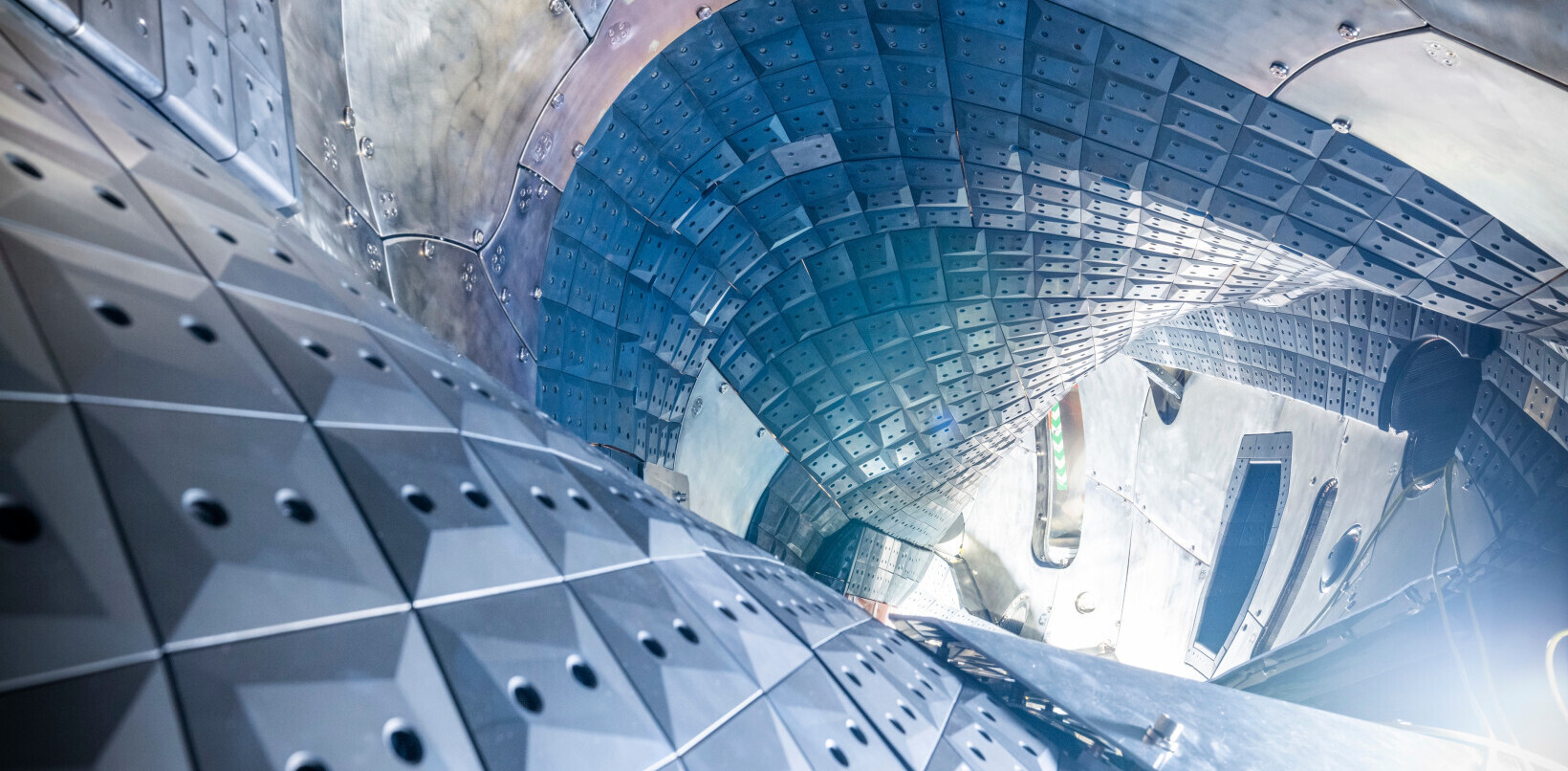
Computing power to develop artificial intelligence does not come cheap. While you can build a simple AI chatbot for next to nothing, training a fine-tuned model on large data sets can cost millions of dollars.
In order to lower the costs associated with training AI the UK’s Advanced Research and Invention Agency, or ARIA, has launched a programme called Scaling Compute.
The initiative is committing £42mn to find new, more economic alternatives to the energy-intensive hardware currently utilised to support the explosion in demand for compute driven by the arrival of generative AI. And it is encouraging funding applicants to look to processes in nature for inspiration, as well as biological material alternatives to silicone.
The programme’s director, Suraj Bramhavar, says that while the evolution of our digital universe thus far has relied on the fact that computers have gotten progressively cheaper and faster over time, this is no longer the case.
“This trend is coming up against physical limits,” Bramhavar said in a statement, adding that the current cost of training AI is having far-reaching societal and geopolitical implications.
“The remarkable thing about AI is that all these incredible capabilities that we have seen really rely on a very narrow set of algorithms, and an even narrower set of underlying hardware,” he continued. “And they have worked phenomenally well, and scale phenomenally well.”
However, Bramhavar is convinced that there are a variety of alternatives that can do the same thing that we are yet to explore. The programme, he said, will be reexamining things like how we separate compute and memory and the way chips interconnect, taking inspiration from nature and the human brain.
Globally accessible AI at a fraction of the cost?
It will also look at hardware material, potentially finding other biological alternatives to silicone semiconductors on which to run AI.
This, the institute hopes, will create additional levers to scale computing infrastructure — at lesser economic and environmental costs. The ambition is to reduce the costs for training AI by a factor of 1,000.
“If successful, this programme will leapfrog well past the current limits of computing power and efficiency, and . . . pave the way for globally accessible, safe, and transformative AI,” Ilan Gur, ARIA chief executive, told the Financial Times.
Indeed, one of the concerns with generative AI from an equality point of view is that most of the benefits of its promised efficiency and productivity enhancements will go to those who can afford to pay for their own foundational models. This means that much of the world could fall behind in the next technological leap.
ARIA is currently calling for concept paper submissions with a deadline on March 27. The deadline for full proposals is on May 7. However, applicants can submit a full proposal even if they have not participated in the concept paper round.
The institute is encouraging scientists and engineers in a range of fields such as biology, chemistry, and neuroscience to apply. Startups and established companies will also be eligible for funding.
ARIA was created by an Act of Parliament and has access to a total funding amount of £800mn, sponsored by the Department for Science, Innovation, and Technology. It is tasked with funding early-stage, potentially groundbreaking innovation through open competitions and solicitations. It will not retain any IP rights to the work it funds, or take any equity in resulting spinouts.
Get the TNW newsletter
Get the most important tech news in your inbox each week.




